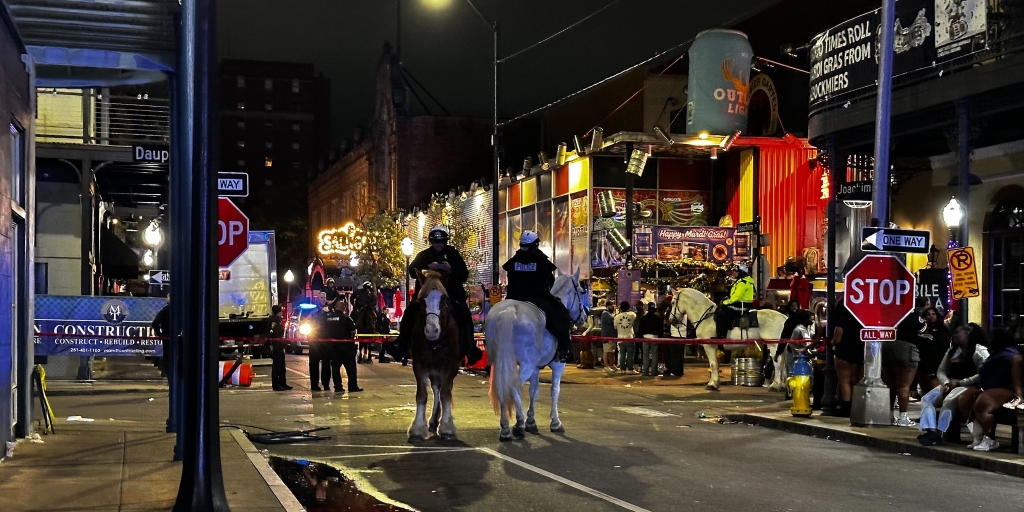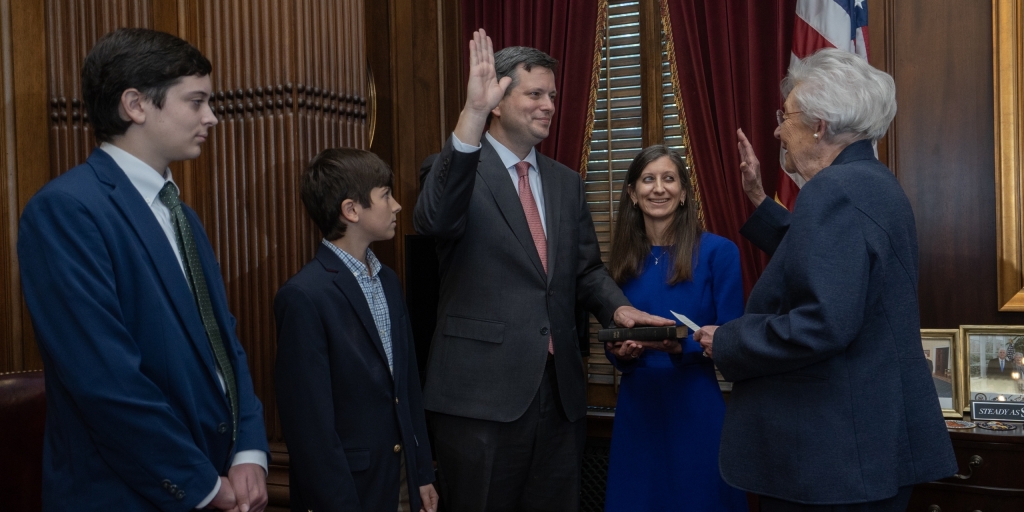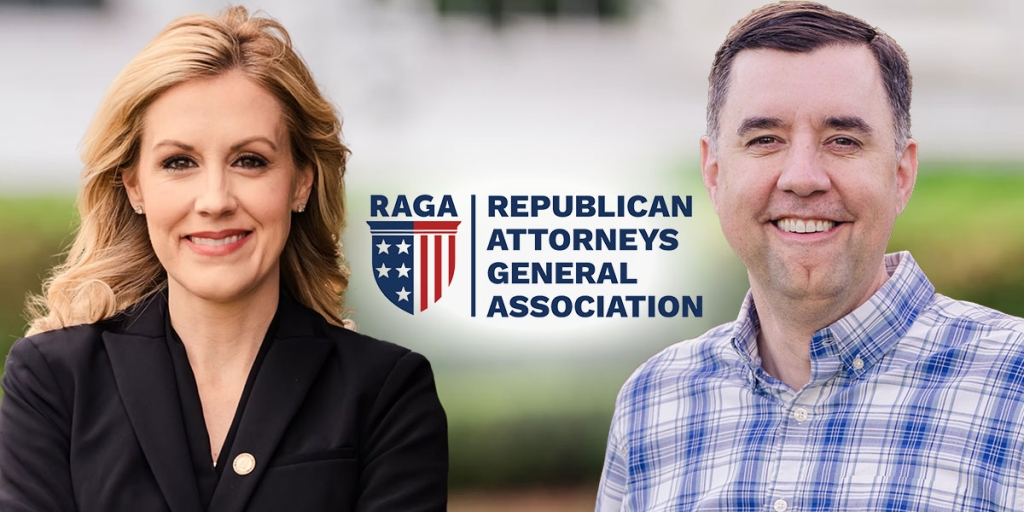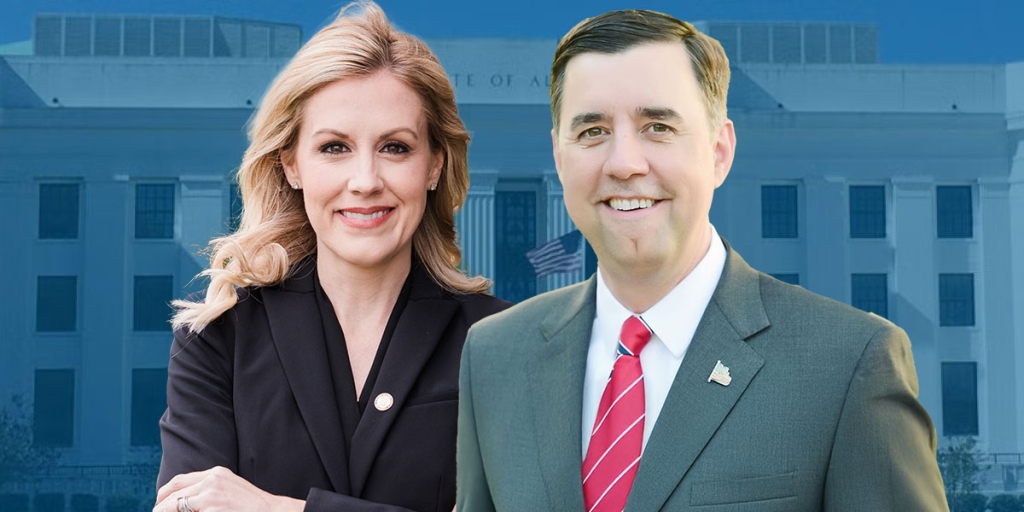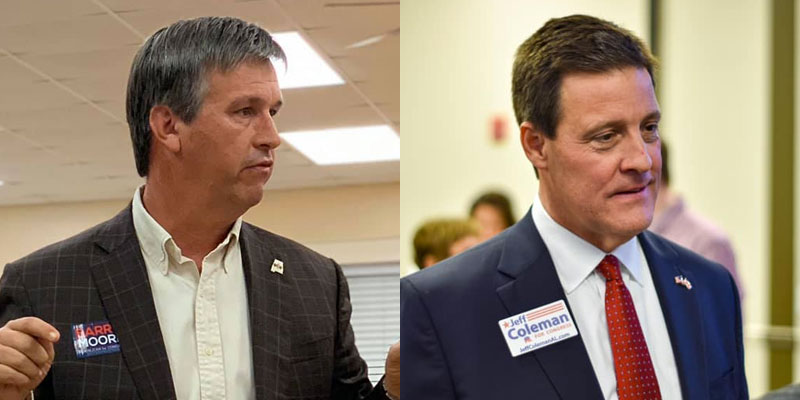The Supreme Court of Alabama on Thursday released a unanimous, scathing opinion outlining that the Jefferson County Probate Court “egregiously violated” the “basic due-process rights” of Joann Bashinsky, heiress to the Golden Flake fortune and one of the state’s most beloved philanthropists.
As previously reported by Yellowhammer News, Bashinsky has been deprived of controlling her own assets, managing her own personal affairs and making her own legal decisions since October due to orders issued then by recently retired Jefferson County Presiding Probate Judge Alan King, a Democrat.
This came after former allies and employees of Bashinsky, the wife of Golden Flake’s founder, allegedly moved to try seizing the fortune – currently estimated to be worth $200 million – through having her declared mentally unfit to manage her finances.
RELATED: Bashinsky decries ’evil plan’ to seize Golden Flake fortune, warns Alabamians of threat to elderly
King on October 17 granted an “emergency petition” and appointed a temporary conservator and guardian who took control of Bashinsky’s vast fortune and personal affairs. Affectionally known as “Mama B,” she was removed from being chairman of the board of directors of her family’s company and charitable foundation and has been living on an allowance dictated and controlled by the temporary conservator.
However, in their Thursday opinion, written by Associate Justice Brad Mendheim, the Supreme Court exposed the stunning legal errors that precluded King’s decision. Perhaps the top issue on which the justices focused their 56-page opinion pertained to King removing Bashinsky’s legal team — and not allowing her to replace them — before he made his October ruling.
The Supreme Court ultimately overturned King’s order granting the emergency petition. The justices voided the appointment of a temporary guardian and conservator for Bashinsky, as well as the order disqualifying Bashinsky’s counsel. The Supreme Court ordered the Jefferson County Probate Court “to require the temporary guardian and conservator to account for all of Ms. Bashinsky’s funds and property, and to dismiss the emergency petition.”
Among their disturbing findings, the Supreme Court advised “that no ’emergency’ was presented in [the October emergency hearing].” The opinion later added that “the allegations raised in the emergency petition and the facts presented in the hearing on that petition clearly did not constitute an ’emergency.’”
However, the manner in which the probate court handled the petition and hearing was scrutinized even more.
For example, although deemed an “ultimately harmless error” in the opinion, the Supreme Court noted that Bashinsky was not properly served with notice of the emergency petition.
Incredibly, King contended, according to the opinion, that no notice is even required to be provided to the person an emergency petition is filed against and that the subsequent emergency hearing on said petition may be held ex parte. This means that, in King’s view, not only does the individual not have to be present to have their livelihood taken away, that person is not entitled to representation by counsel at a hearing on an emergency petition, either.
“[Representation and case-presentation rights delineated by Alabama law], and Ms. Bashinsky’s basic due-process rights, were egregiously violated, as the probate court treated the proceeding like an ex parte hearing even though Ms. Bashinsky was present,” the opinion advised. “But the problems with the probate court’s disqualification of Ms. Bashinsky’s attorneys extend even beyond basic constitutional due process and the procedures afforded [by specific Alabama law].”
The opinion continued to make a shocking conclusion: King had decided how to rule on the case before even hearing the case, violating “fundamental fairness” along the way.
The probate court disqualified Ms. Bashinsky’s attorneys primarily based upon Rules 1.7 and 1.9 of the Alabama Rules of Professional Conduct. Both of those rules expressly state that the conflicts of interest described therein can be waived by the client if the client is made aware of the conflict and still elects to have the attorney continue the representation. Yet, there is no indication that the probate court asked Ms. Bashinsky at any point during the October 17, 2019, hearing whether she was aware of her attorneys’ alleged conflicts of interest. This fact suggests that the probate court had already decided that Ms. Bashinsky was not competent to make her own decisions because the court assumed for itself the duty of determining that the alleged conflicts could not be waived. In other words, the probate court’s disqualification of Ms. Bashinsky’s counsel at the outset of the October 17, 2019, hearing indicated prejudgment of the very question at issue in that hearing: Whether Ms. Bashinsky’s competence was sufficiently in question to warrant appointment of a temporary guardian and conservator.
Moreover, the manner in which the probate court handled the issue of the motion to disqualify Ms. Bashinsky’s attorneys — granting the motion and then choosing to proceed directly with the hearing on the issue of Ms. Bashinsky’s competence — created an unnecessary complication that was highlighted by the probate court’s subsequent scheduling of a hearing in January 2020 to discuss how Ms. Bashinsky’s new attorneys were to be selected. That is, because the probate court disqualified Ms. Bashinsky’s attorneys and then declared Ms. Bashinsky to be incompetent, it raised the specter that she cannot enter into a contract to hire new counsel to represent her interests in this matter. This complication would have been avoided if the probate court had followed basic procedures of due process and fundamental fairness with respect to Ms. Bashinsky.
The opinion further said that “Bashinsky’s constitutional and statutory rights of due process were also violated through a deprivation of counsel and a lack of opportunity to present evidence and argument before the probate court.”
It was not immediately clear if this was the first and only case in which King oversaw these types of due process violations. He was a probate judge for almost 20 years, just retiring this spring. His successor was appointed earlier this week by Governor Kay Ivey.
A permanent petition also attempting to declare Bashinsky not mentally fit to manage her own finances and affairs is still pending before the probate court; that petition has not been acted upon by the probate court since being filed, so the Supreme Court wrote that there was nothing they could possibly reverse regarding the permanent petition at this time.
It should be noted that Bashinsky previously released a letter from her personal physician, Dr. Robert Spiegel, stating that she does “does not have dementia nor psychiatric issue.”
“She has had a recent side effect to a medication. She is competent to make decisions for herself,” the doctor wrote.
According to a previous email from Bashinsky, she has additionally undergone psychological testing from renowned University of Alabama psychologist Dr. Rebecca S. Allen, who also reportedly concluded that Bashinsky does not suffer from dementia.
In a statement to Yellowhammer News reacting to the Thursday Supreme Court opinion, Bashinsky said, “I am happy and feel vindicated by the Supreme Court’s ruling. It’s sad that two former employees could use our court system to steal my freedom. It should have never happened and anyone who does this should be held accountable.”
You can read the full opinion here.
Sean Ross is the editor of Yellowhammer News. You can follow him on Twitter @sean_yhn






